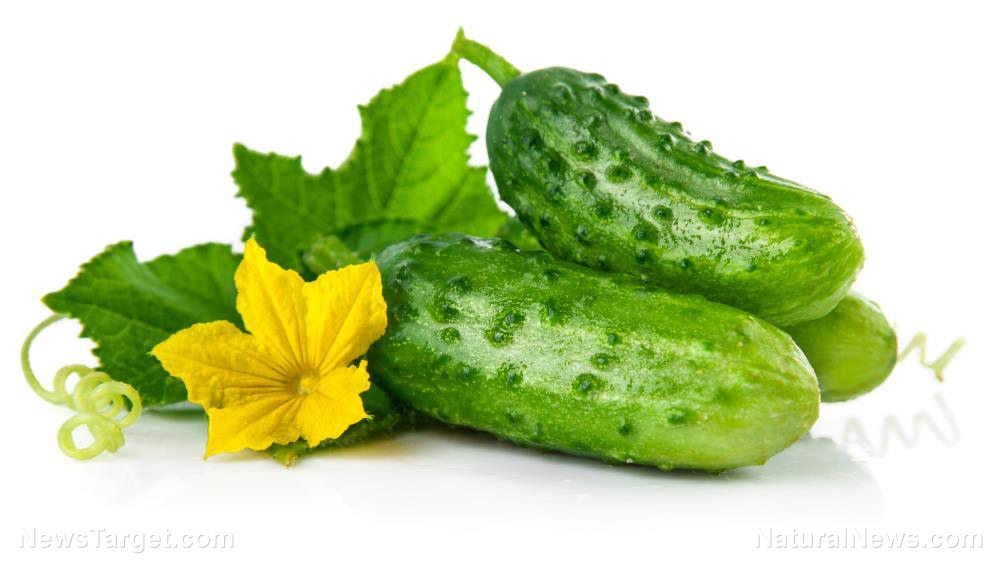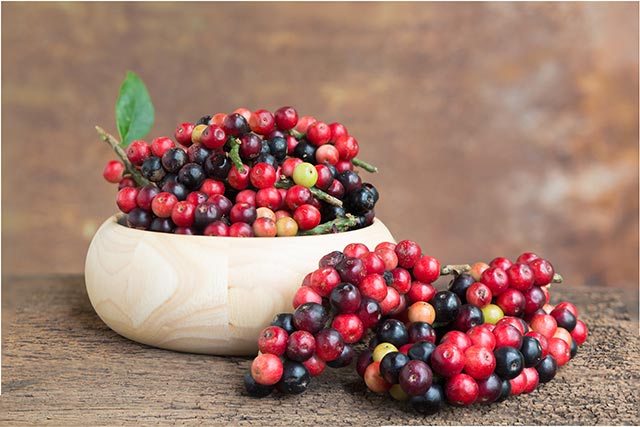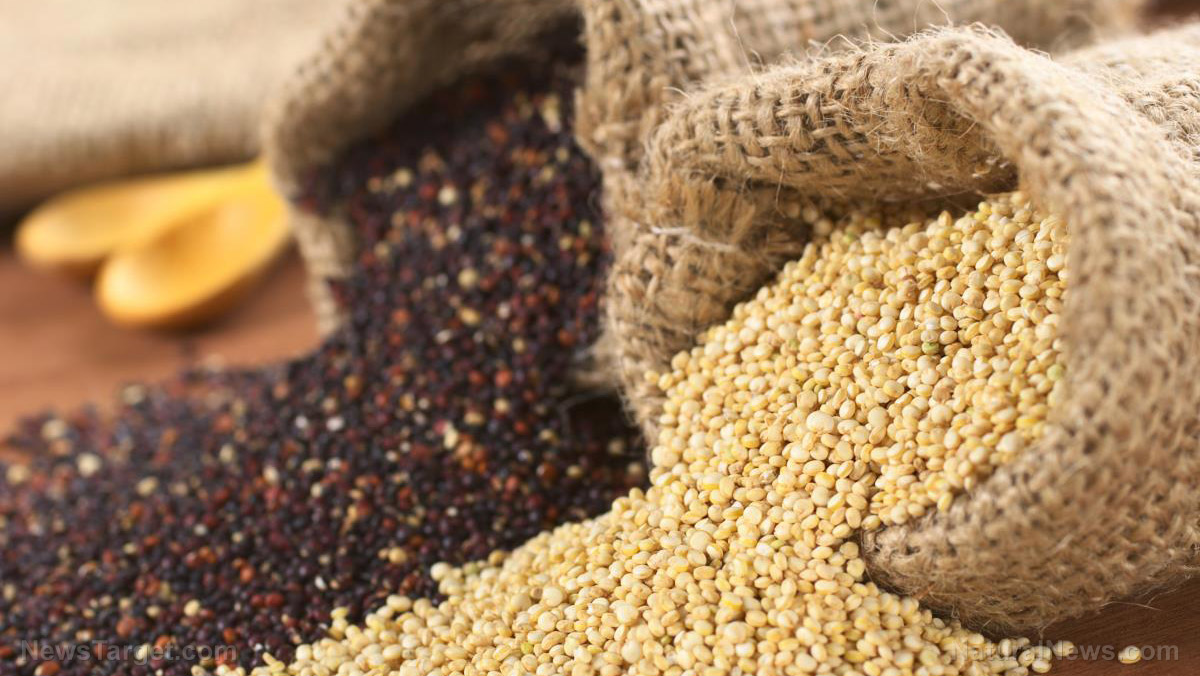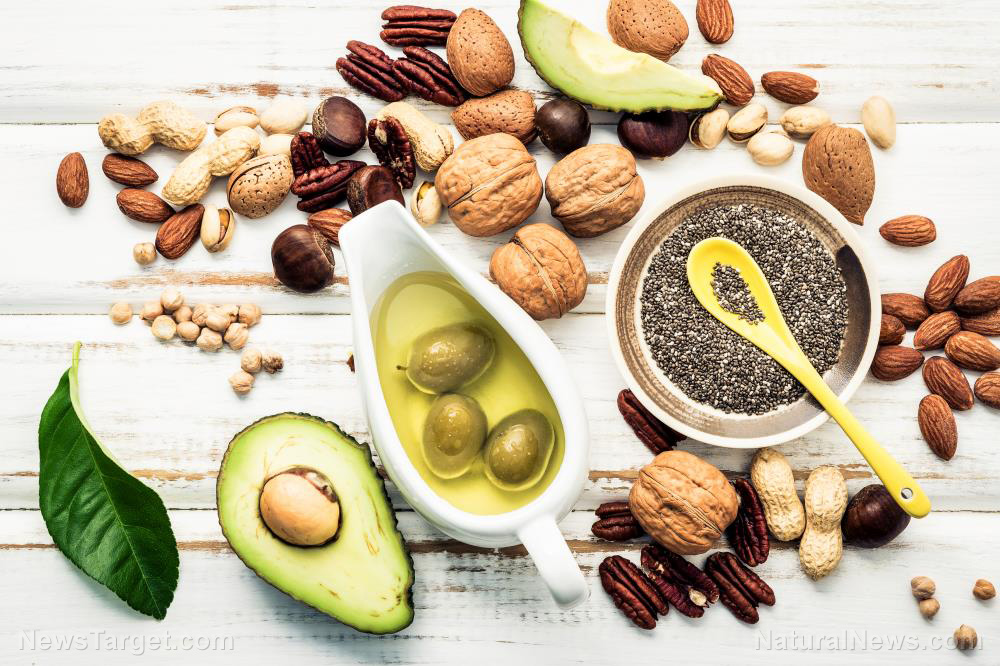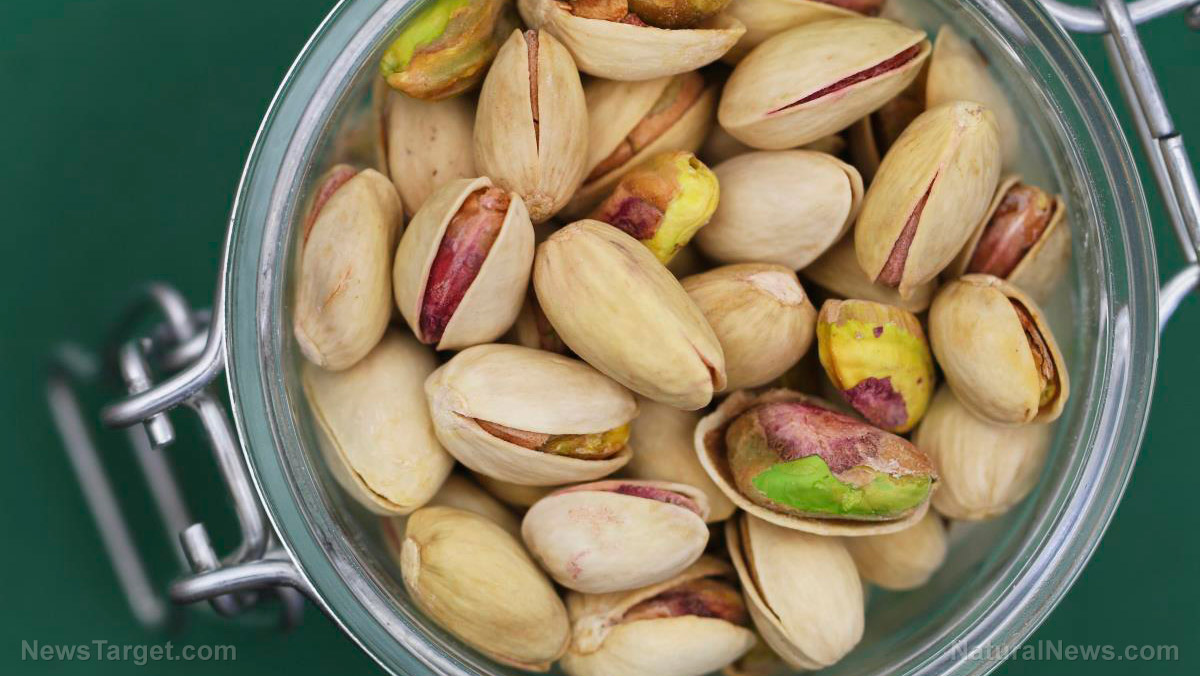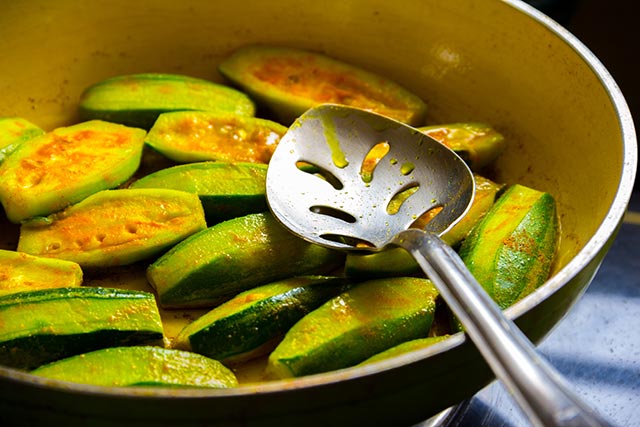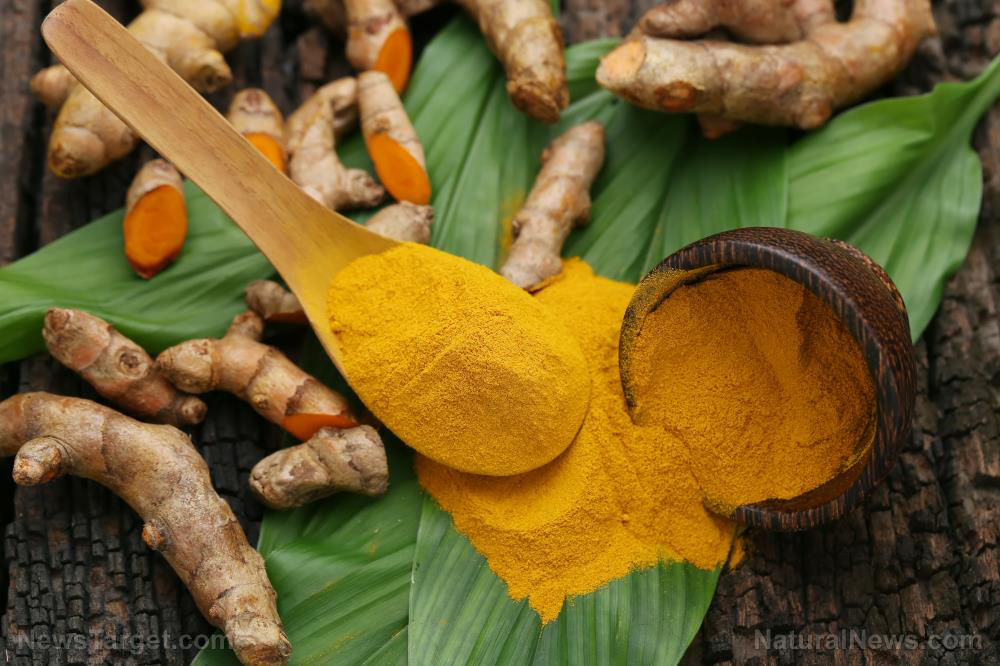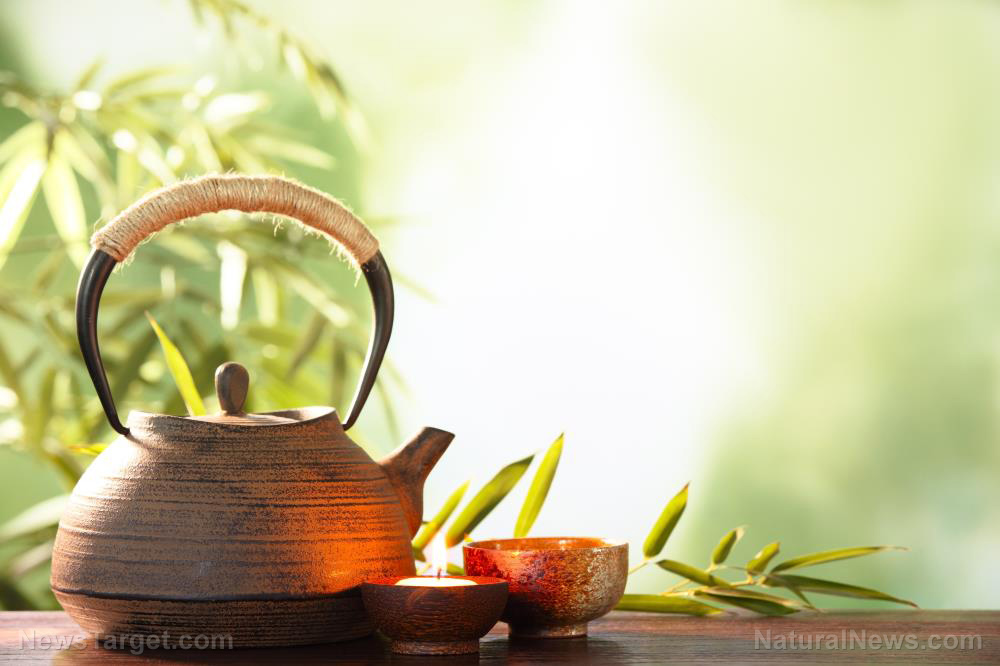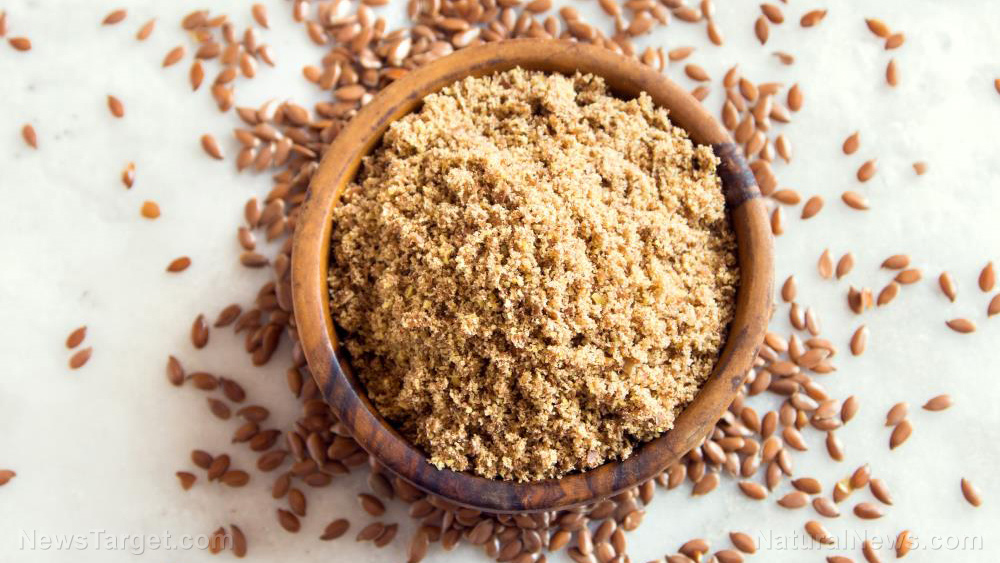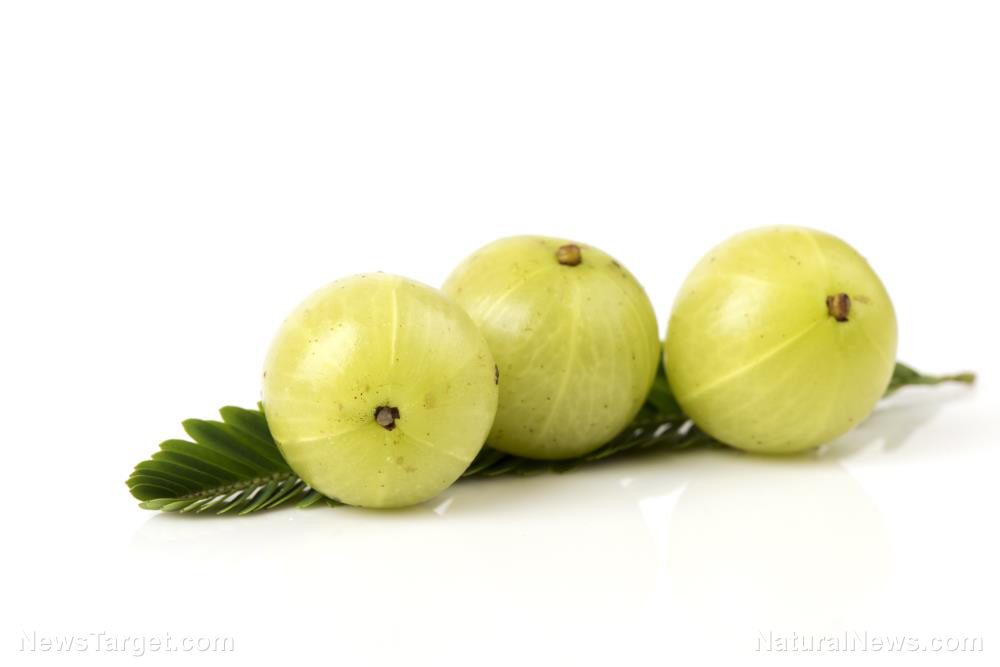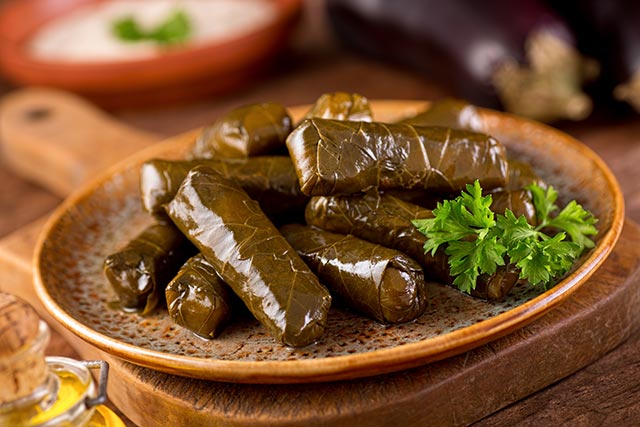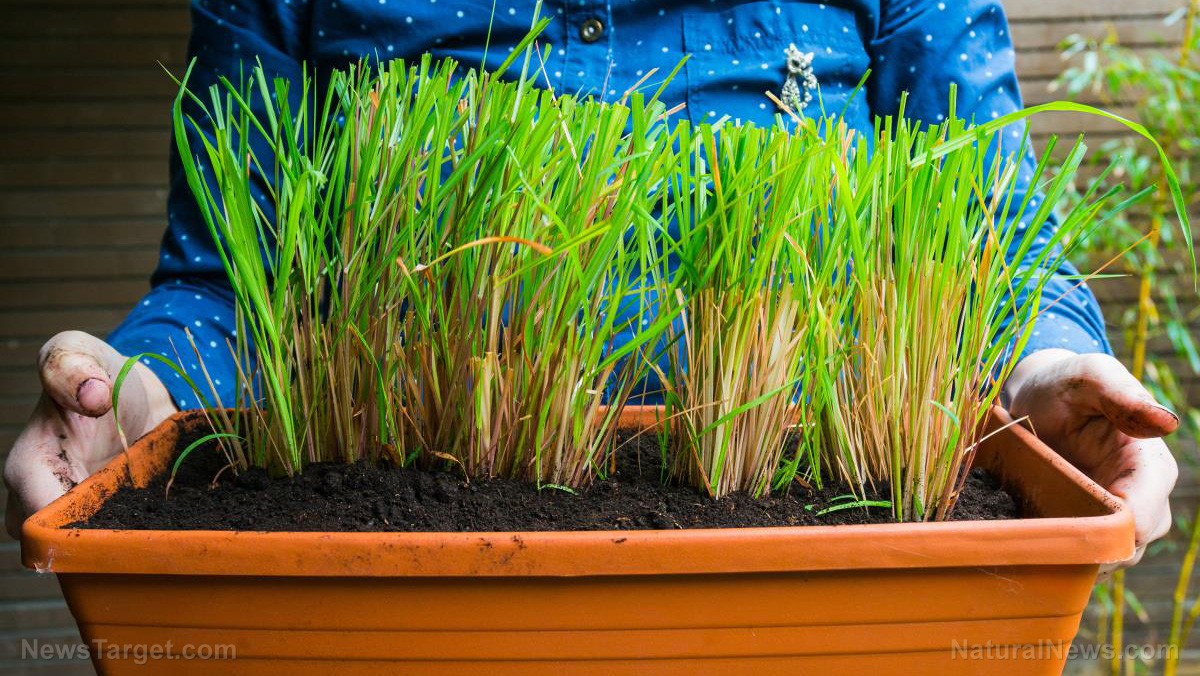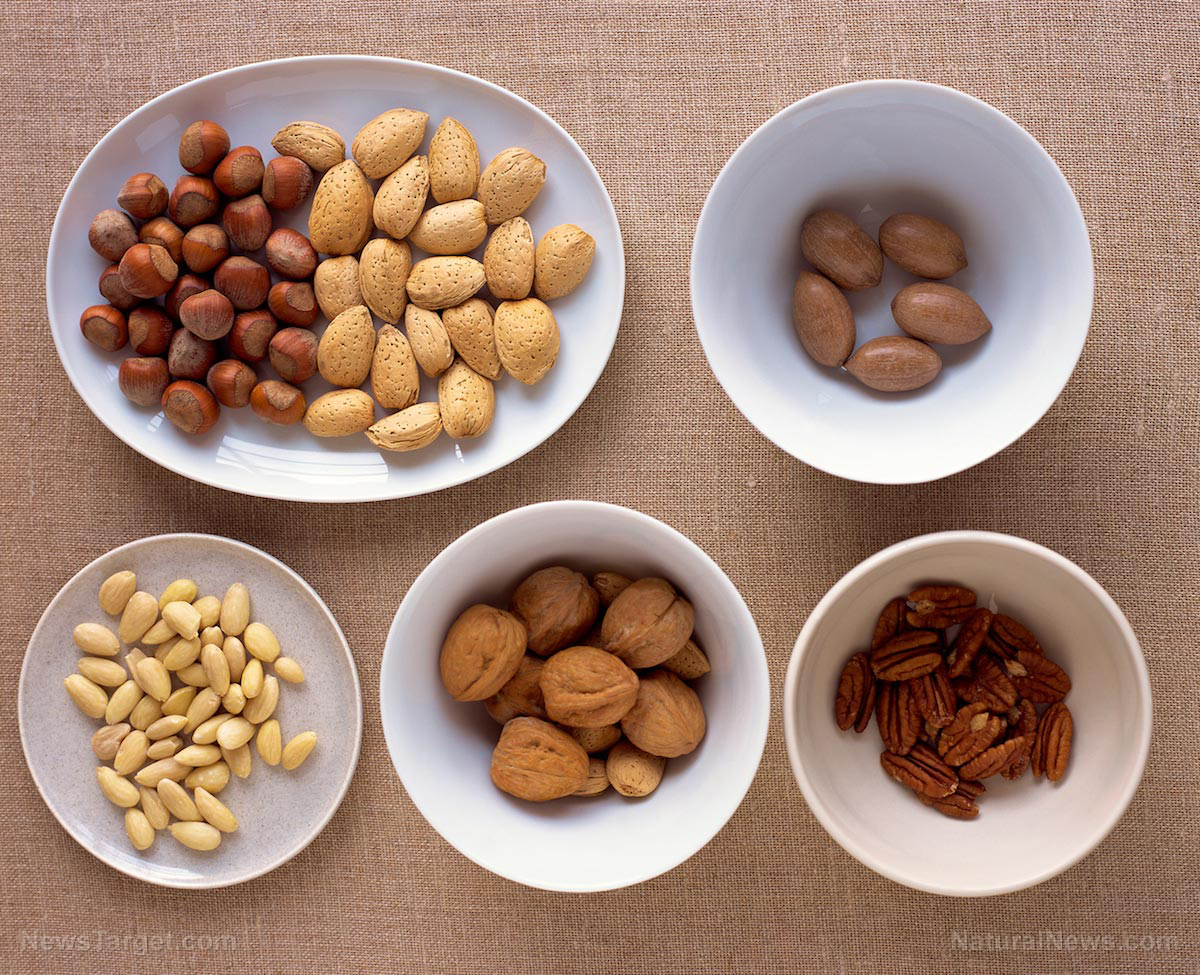Daidzein, found in soy, helps stimulate cell proliferation by altering cell cycle distribution
04/15/2019 / By Ralph Flores
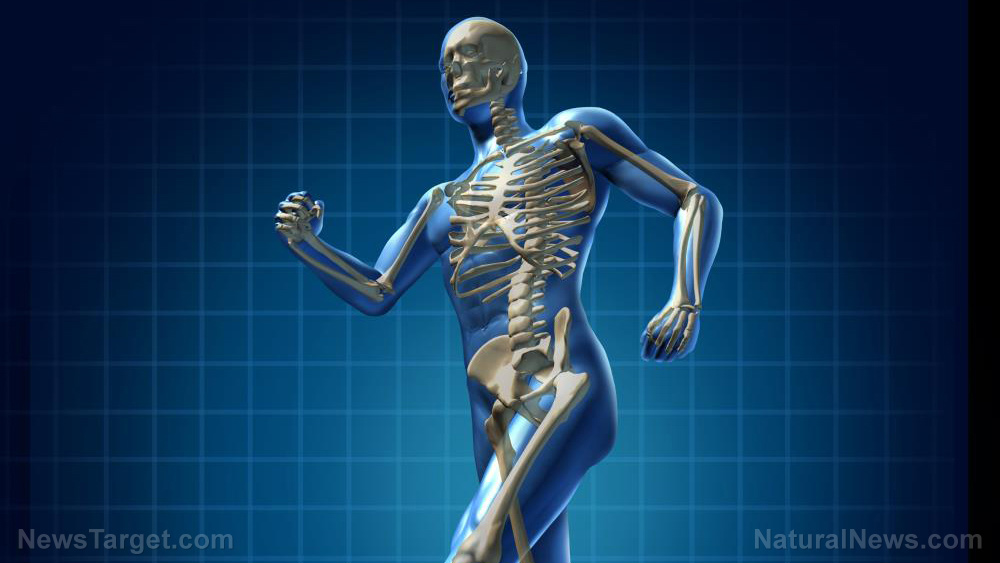
Chinese researchers found that daidzein, a natural soy isoflavone, promotes osteogenesis thorough proliferation, differentiation, and anti-apoptosis of osteoblasts. The researchers published their findings in the journal Nutrition Research.
- Earlier studies have pointed out that daidzein has a structure similar to estradiol and exhibits protective effects against osteoporosis. These studies, however, do not clarify the molecular mechanisms of osteogenesis.
- The researchers believed that daidzein can boost osteogenesis using estrogen-receptor dependent signal pathways.
- To test this, they looked at how daidzein affected 17beta-estradiol – in particular, how it affected cell proliferation, differentiation, and apoptosis in MG-63 cells. Apoptosis was induced using cisplatin.
- From the results, daidzein triggered the proliferation of cells by altering its distribution cycle. It also promoted proliferation by boosting alkaline phosphatase activity and collagen content, as well as reducing cell apoptosis associated with the upregulation of Bcl-xL expression.
- The researchers also found that the effects of daidzein in phosphatase activity, collagen content, and cell apoptosis were also mediated by both ER-alpha and -beta, and that cell proliferation was mediated by ER-alpha.
In sum, they concluded that daidzein exhibited an ER-dependent activation on MG-63 cells.
Phytonutrients.news features more studies on the phytochemicals in soy that can benefit a person’s health.
Journal Reference:
Jin X, Sun J, Yu B, Wang Y, Sun WJ, Yang J, Huang SH, Xie WL. DAIDZEIN STIMULATES OSTEOGENESIS FACILITATING PROLIFERATION, DIFFERENTIATION, AND ANTIAPOPTOSIS IN HUMAN OSTEOBLAST-LIKE MG-63 CELLS VIA ESTROGEN RECEPTOR-DEPENDENT MEK/ERK AND PI3K/AKT ACTIVATION. Nutrition Research. 2017;42:20–30. DOI: 10.1016/j.nutres.2017.04.009
Tagged Under:

